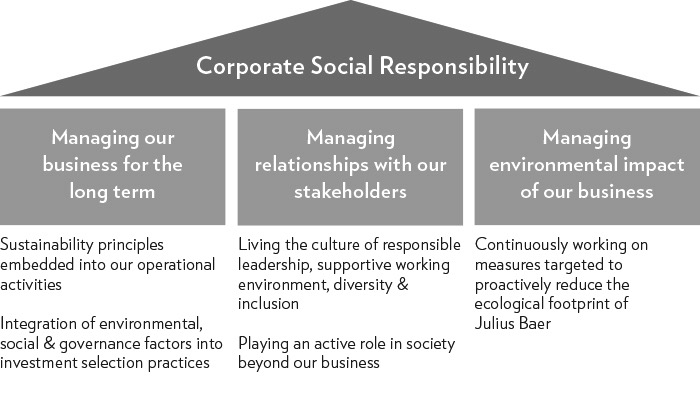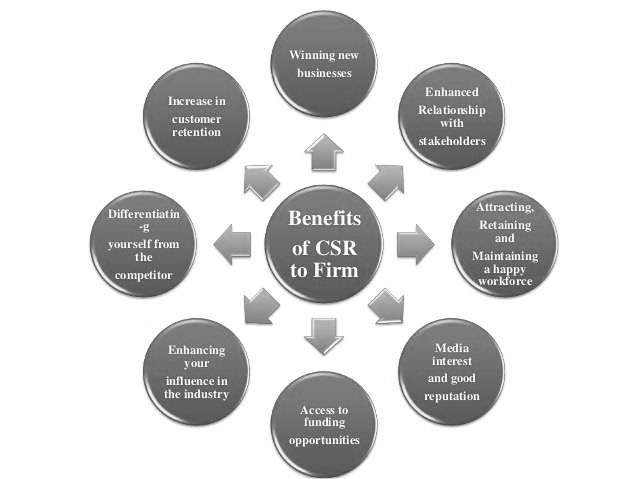According to Unerman (2008) and Bebbington et al. (2008) introduce a corporate social responsibility in firms means:
The figure 1 summarize what written above:
Figure 1 – What means CRS for firms (source: our elaboration)

However, CSR activities should not be viewed as a resources drain activity because, if well implemented, CSR policies can provide several benefits to firms:
The figure 2 summarize all the benefits provided by CSR to firms.
Figure 2 – CSR benefits for firms


